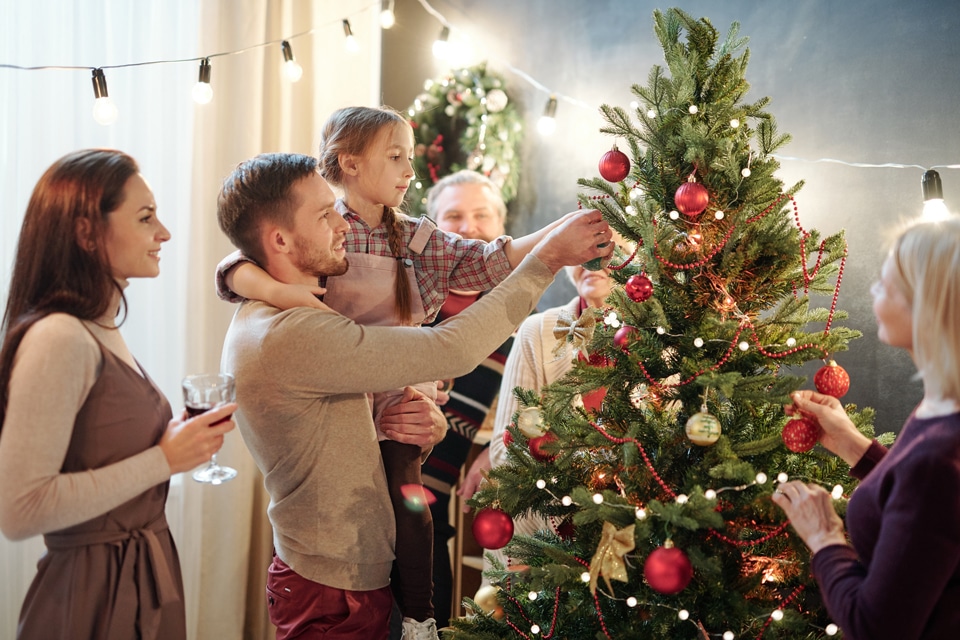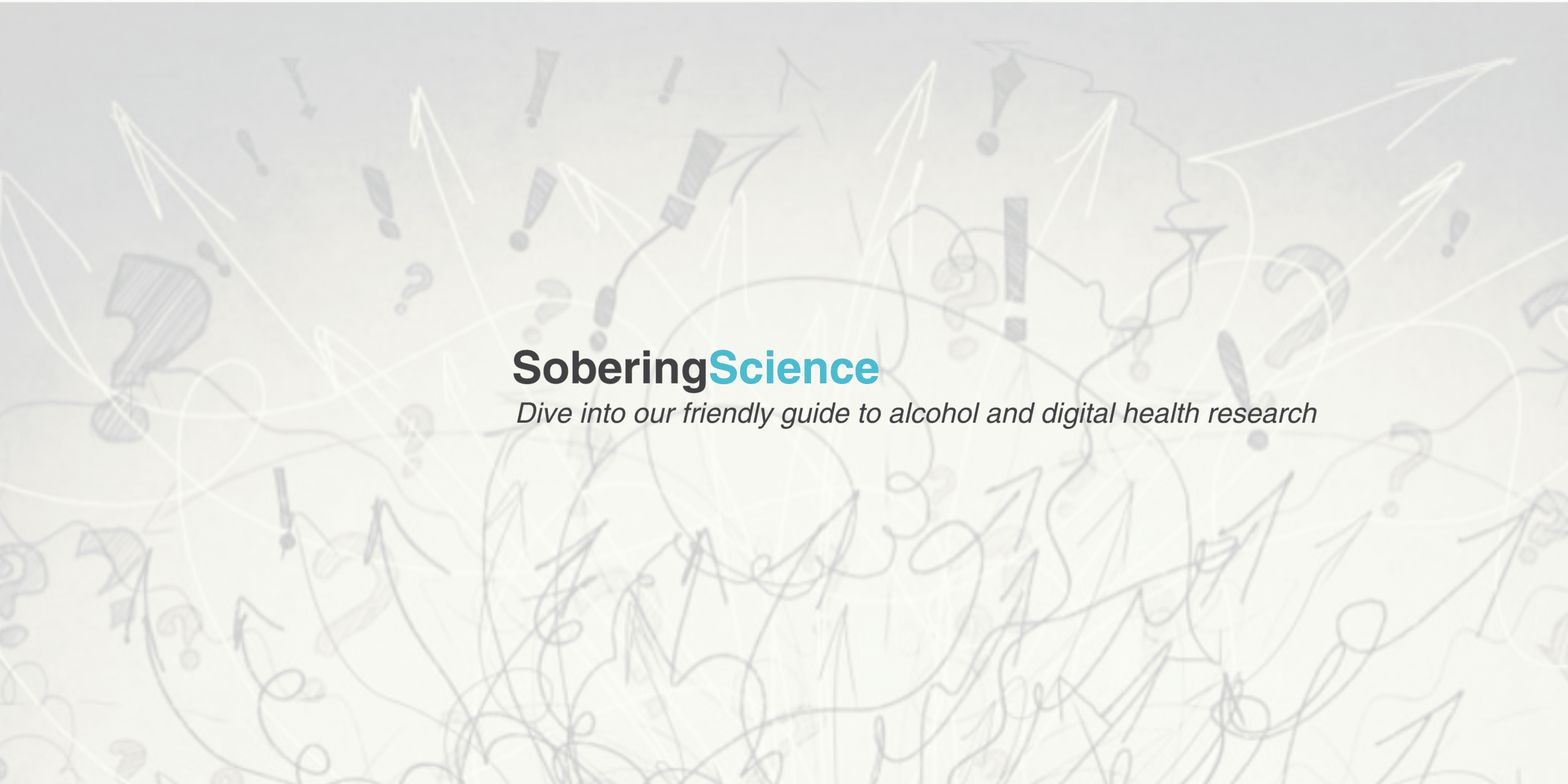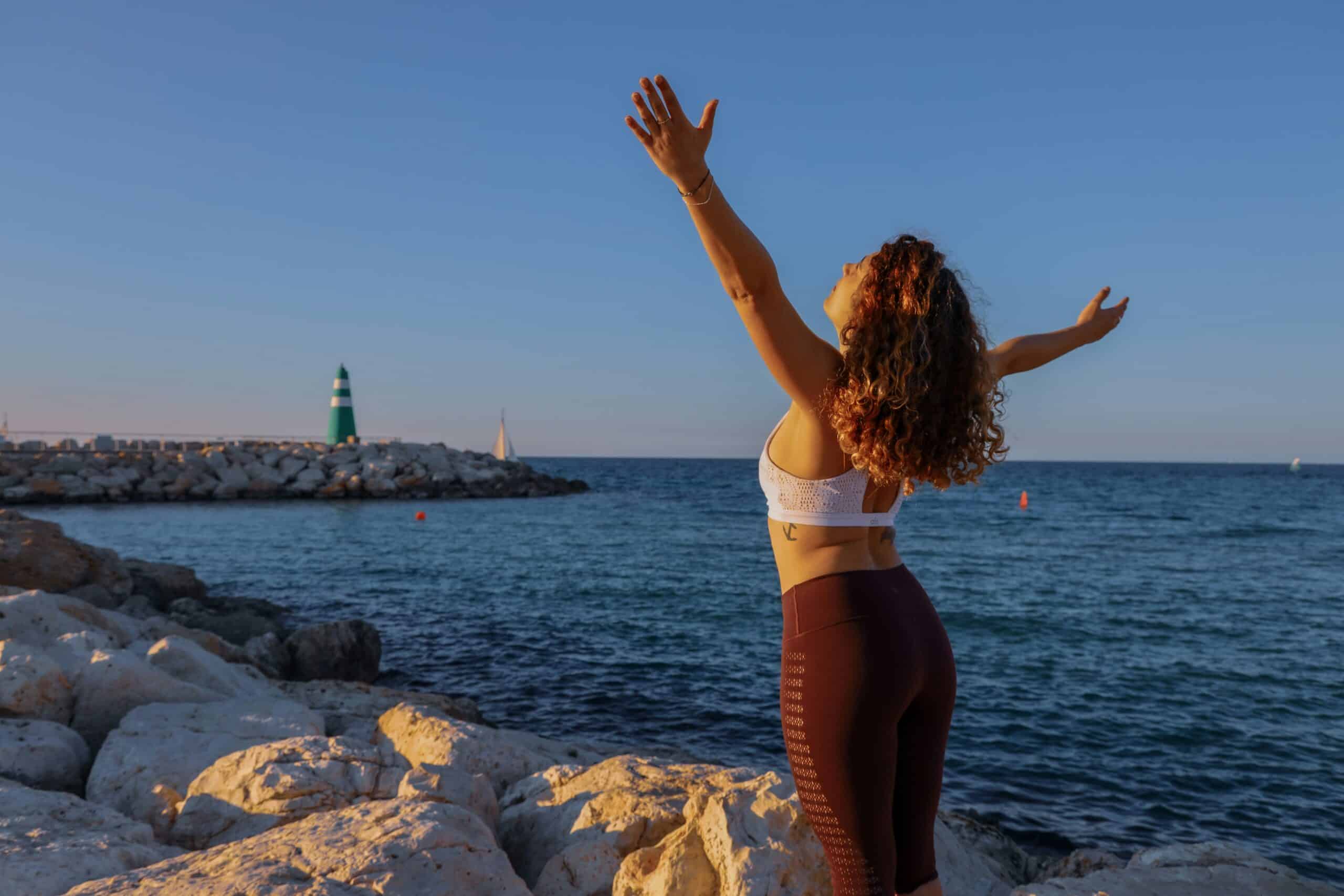
Some harm minimisation life-hacks for the Christmas period
For all its positives, Christmas can be a challenging time when we are trying to focus on our health – those parties, heavy food and socialising can mean we are low on sleep, eating to excess and without the usual structures that keep us functioning well. Often we’re torn between wanting to enjoy life to its fullest, and also wanting to enjoy great physical and mental health.
In addition, we don’t really want to be ‘that person’ who refuses dessert or avoids social situations because of our health – things like family and work events are important for a number of reasons, including catching up with relatives, celebrating the end of another year, and making plans for the year to come.
So, how to have it all? Recent research into wellbeing and ‘protective health behaviour’ has good news for us – which you may have already suspected. In a nutshell, it is not the juice-fasting, two-session-a-day gym fiends who enjoy the highest levels of wellbeing, but rather those who demonstrate regular and consistent health behaviours – the plodders rather than the sprinters.
With alcohol, one of the ideas that fits well with this framework is that of ‘harm minimisation’ – finding ways to keep ourselves healthy and functioning well, even if we are in the midst of holiday festivities. With this in mind, here are some realistic tips for an enjoyable holiday period.
AF Days – we know that a lot of harm from alcohol use comes from drinking in high volumes, and frequently. In fact, a lot of the issues that arise around holidays (e.g. fatigue, weight gain, low energy and low mood) can be due to regular and excessive alcohol consumption. If you are intending to have one or two drinks over the holidays, it might be helpful to plan a certain number of alcohol-free days. This gives you the opportunity to catch up on good quality sleep, recover physically and engage in some restorative activities, like exercise and reflection. It can also give an opportunity to experience some of those holiday activities without alcohol, and to reflect on the role of alcohol in your life. For many people, this is a great opportunity to do things differently, and stock up on energy to get active, or start to prepare for the year ahead.
Self-Care – it sounds obvious, but often alcohol can be a form of self-care – particularly when we are in the midst of holiday activity and tired out from preparing for family events or trips away. For many people, self-care really entails having some control over how they spend their time – e.g. taking an hour out to have a nap, or a coffee with a friend, or heading to the movies alone. Giving ourselves some space to recover and recharge can mean that we are less likely to use alcohol to relax – and we may be more present and appreciative of the things around us, and enjoy things like the opportunity to sleep in or spend time with family.
Self-Monitoring – a large amount of the behaviour change- and wellbeing literature supports the practice of self-monitoring for (1) raising our awareness of the behaviour and (2) providing us with insight into ‘risky’ situations and triggers.
For many people, using apps to record their food intake and exercise helps them to be more aware of their consumption, and set a bit of an internal calculator around what they consume. The same goes for alcohol. If we are able to set ourselves some realistic goals for the holiday period, and keep a rough track of what we are eating and drinking, it can help us to stay on track – or a lot closer to the track than if we were not paying attention. Goal-setting theory proposes that, by setting a goal, we are likely to get closer to the goal than if we had never set it. Just having the goal – whether that is to keep below a certain number of calories or drinks, or to exercise a certain number of times per week – is a really good first step, as well as considering how we might work that goal into our plans over the holidays (e.g. bring walking shoes on a trip, or bring some alcohol-free wine to Christmas dinner).
Replacements – this is the ‘have your cake and eat it too’ section of the tips. As noted, most of our issues over the holidays come from our love of excess. We love to eat Christmas food, and the feelings of celebration and freedom can result in us over-indulging in food and drink, and then regretting the consequences. Just being aware of this is part of the battle, and knowing that for most things there are moderate replacements that can reduce some of the harm that we’d otherwise be experiencing. Some ideas are here and also:
- Champagne – AF sparkling wine, or Champagne with sparkling mineral water
- Cocktails – AF cocktails (recipes here), Seedlip (AF gin replacement), Altina (AF spirit replacement), Brunswick Aces (AF gin replacement), Kombucha with sparkling water
- Beer – AF beer (Carlton Zero), Kombucha
- Wine – Ariel Cabernet Sauvignon (AF wine).
Alternatively, here are some cocktail ideas from our archives:
- Cranberry juice, blood orange juice, lime, soda, and fruit pieces.
- Quarter of a glass of apple juice, fill up the rest with Indian tonic water, throw in a couple of mint leaves
- Soda, lime, and bitters
- Soda water, a spoon of maple syrup, a squeeze of lemon and a dash of cayenne
- Lemonade, pineapple juice and a splash of lime cordial
- Ginger beer, ice and lots of mint leaves.
Remember, the aim of any of these kinds of changes is that we want them to be sustainable – we want them to be valid alternatives to how we are currently doing things. Exploring what works for you might be a matter of reflecting on what went well for you last year, and what didn’t go so well, and how you might like to do things differently this year.
It is likely that even a couple of small changes (e.g. a few AF days, some self-monitoring and having some replacement drinks in the fridge if needed) will have an impact on your physical and mental functioning over this period.
It can be a tricky balance between enjoying the festivities and also looking after ourselves physically and mentally, and we don’t always get it right! This is fine – remember, harm minimisation is about being realistic about human behaviour and acknowledging that sometimes we may over-indulge – and the important thing is that we can recognise this and plan around it. This looks different for everybody. For some people, regular exercise isn’t important, but they need eight hours of sleep or else mayhem ensues. For others, focusing on their diet means that everything else works like clockwork. Considering your own wellbeing and health goals might be useful in the lead-up to this holiday period, so that you can enjoy the whole experience and head into the new year in good physical and mental health.










Thankyou very useful information
Thank you. I’ve just gone 11 days AF after returning from holidays sick and bloated – with my diet and general health in tatters. Still getting over an illness picked up on the trip. But mentally, I feel great – strong and kinda euphoric. This email is just the affirmation and reinforcement I need as I head into the crazy period of excess – parties, gatherings, etc starting, for me, tomorrow night. I’m planning on doing the whole thing AF and really looking forward to experiencing it all in a new way. Thanks again for the email – well written and perfectly timed.
Thank you for the good advise – I intent to do just that – stay with alcohol free drinks – I am making my own kombucha and ginger beer – actually mixing the two tastes very delicious. Or homemade ginger beer syrup with cranberry juice and seltzer water – just delicious.
Thank you, I have been contemplating a year off from drinking and am looking for support and ideas, I am tired of the rollercoaster that comes from drinking but I am scared, I don’t know how to socialize without it and don’t want to end up spending my nights hiding away at home as I am too afraid to go out
Kombucha, kombucha, kombucha. It honestly makes me feel as if I am not missing a thing. And hopefully is putting some good bugs into my gut too.